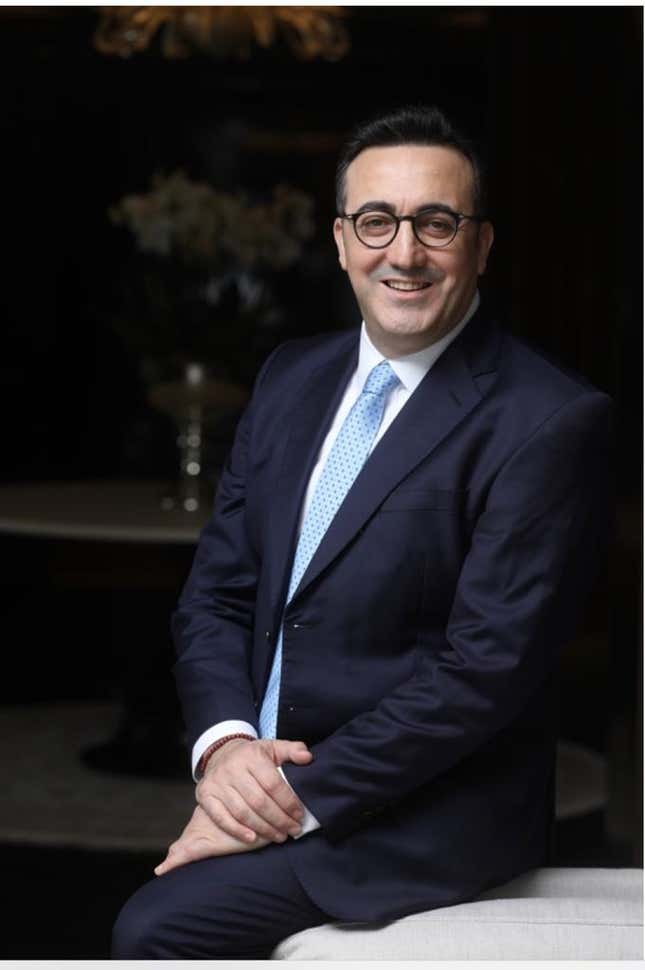India’s 154-year-old Tata Group, which reacquired Air India after 90 years, has named Ilker Ayci its new CEO and managing director.
“Ilker is an aviation industry leader who led Turkish Airlines to its current success during his tenure there,” said N Chandrasekaran, chairman of Tata Group, on the CEO appointment.
The 51-year-old served as chairman of Turkish Airlines from 2015 to January 2022 and will now assume his responsibilities at Air India on or before April 1, a Tata Group press release said.
Ilker Ayci: One head, many hats

Despite Chandrasekaran’s words, Ayci’s appointment has surprised many as the Turkish national doesn’t have much aviation experience other than his last role.
He began his career in 1994 and served at various positions at Istanbul Metropolitan Municipality, the Universal Group based in Turkey, and general insurance companies.
In 2011, he was made chairman of The Republic of Turkey Investment Support and Promotion Agency. Besides, he was also on the board of the Turkish Football Federation and Turkish Airlines Sports Club.
On his appointment as Air India CEO, Ayci said he felt “honoured” to accept the “privilege.”
“Working closely with my colleagues at Air India and the leadership of the Tata Group, we will utilise the strong heritage of Air India to make it one of the best airlines in the world with a uniquely superior flying experience that reflects Indian warmth and hospitality,” he said.
Will Ayci ensure a turbulence-free ride for Air India?
Ayci’s varied non-aviation background aside, his track record at Turkish Airlines speaks for his efficiency.
Under his tenure, the carrier expanded operations. For instance, before he joined, it was flying to 45 domestic destinations and 206 global ones in 106 countries. By the end of 2021, it was operating in at least 128 countries with 328 destinations.
In terms of fleet, the airline now has 372 aircraft compared to 249 in 2014. Under Ayci, Turkish Airlines bought stakes in other carriers.
However, at Air India, the new CEO’s biggest challenge would be to fix the bleeding balance sheet and to get the unions—and related entities—on the same page. Then there is the issue of restoring salaries to pre-covid levels and handling dissent.
